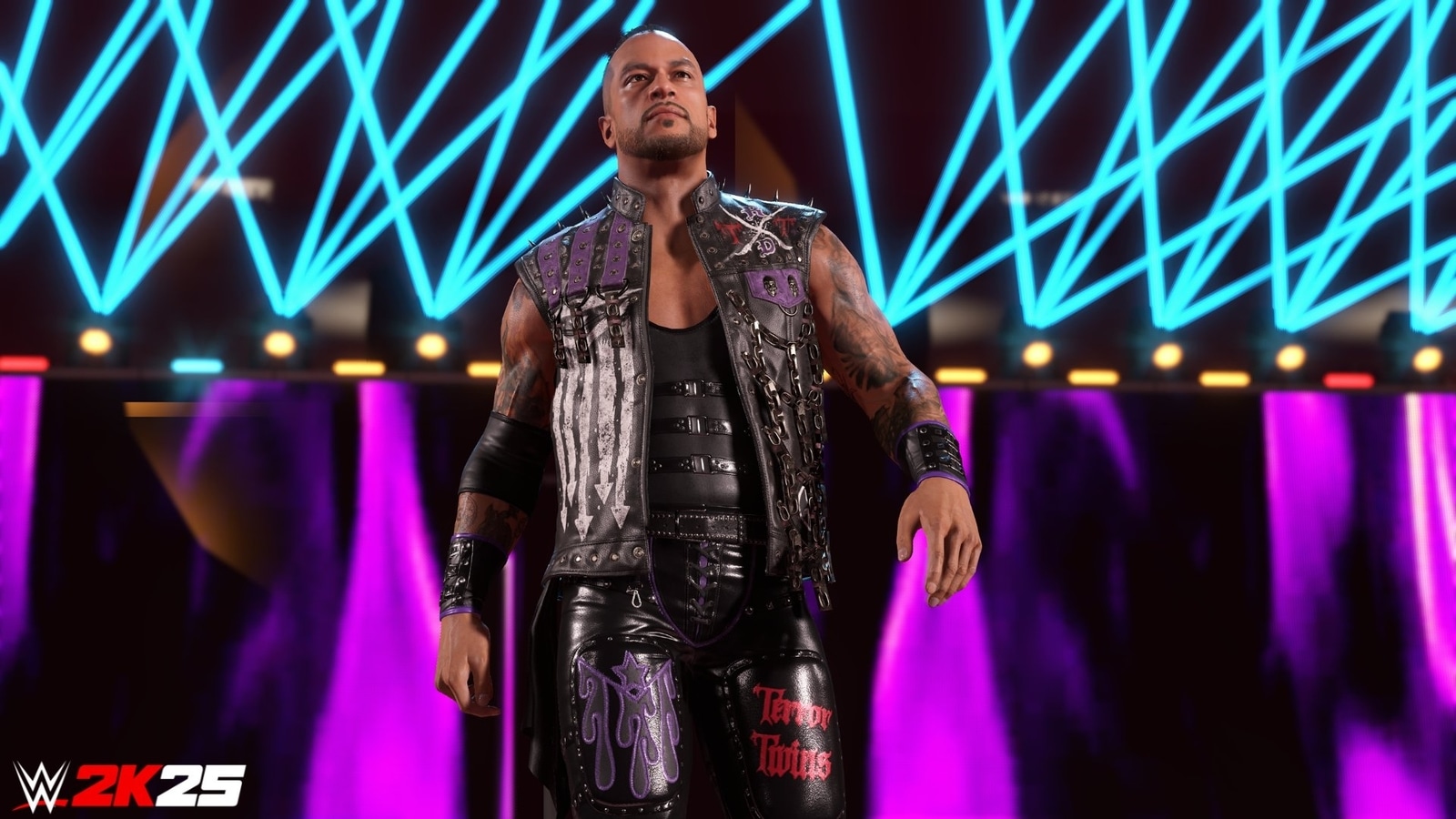When students took over Hamilton Hall at Columbia University in April 1968, a young Joe Biden was studying law 250 miles away, just weeks from graduation. Protests and chanting and tie-dye shirts were not his style. “I was in law school,” he later recalled. “I wore sport coats.”
Now, 56 years to the day after the police stormed Hamilton Hall to evict demonstrators in one of the most iconic moments of the 1960s protest movement, Mr. Biden has no more affinity for their modern-day successors rousted by officers from the same university building they had seized to voice outrage over Israel’s war in Gaza.
Having traded up from sports coats in the Syracuse University law school library to suit coats in the Oval Office, however, Mr. Biden cannot simply shrug off the uproar on American college campuses as he once could. This time he is not just a disdainful bystander but one of the targets of the discontent, challenging him to navigate the treacherous waters of campus politics better than Lyndon B. Johnson did in 1968.
Mr. Biden has sought to walk a careful line in recent days as protests have mushroomed across the country and in some cases led to suspensions and arrests like Tuesday night’s nationally televised police raid at Columbia. While he expresses support for the free speech rights of students to oppose his support for Israel, he has condemned antisemitism directed at Jewish students. But as the political far left calls him “Genocide Joe” and Republicans blame him for the campus chaos, the president has sought to stay personally out of the fray as much as possible.
He made no comment on Tuesday after the latest Columbia building takeover, leaving it to a spokesman to condemn the action as an “unacceptable” move crossing the line from disagreement to disorder. “The president believes that forcibly taking over a building on campus is absolutely the wrong approach,” the spokesman, John F. Kirby, told reporters hours before officers cleared the hall. “That is not an example of peaceful protest.”
He added: “A small percentage of students shouldn’t be able to disrupt the academic experience and the legitimate study for the rest of the student body. Students paying to go to school and wanting an education ought to able to do that without disruption, and they ought to be able to do it and feel safe doing it.”
The president later in the day issued a proclamation for Jewish American Heritage Month that denounced what he called “the ferocious surge of antisemitism” on social media and in public places like colleges.
“These acts are despicable and echo the worst chapters of human history,” Mr. Biden said in the proclamation. “They remind us that hate never goes away — it only hides until it is given oxygen. It is our shared moral responsibility to forcefully stand up to antisemitism and to make clear that hate can have no safe harbor in America.”
The protests pose two political dangers to Mr. Biden. They could exacerbate his estrangement with the left wing of his party, particularly among young people who are a key constituency for his re-election chances. And they could feed into the Republican narrative that Mr. Biden, not the volatile former president, Donald J. Trump, has presided over disarray at home and abroad, which could alienate middle-of-the-road swing voters.
Mr. Biden’s standing among voters under 30 has eroded dramatically from four years ago. According to a Harvard Youth Poll released in April, Mr. Biden leads in that age group with 45 percent to Mr. Trump’s 37 percent, an eight-point edge compared to the 23-point margin he had in that cohort around the same time in 2020. Mr. Biden needs to rack up a large advantage among young voters, who do not vote as frequently, to offset shortages among older voters.
Democratic strategists say they are confident that young voters will still turn out in force for Mr. Biden, pointing to data showing that outside the klieg lights of campus protests, young voters care more about other issues like abortion rights and the economy. With the academic year about to end, campuses should calm down by summer, and they may remain that way in the fall if the president can orchestrate a cease-fire by then. And his lead in the Harvard Youth Poll expands to 19 points among those likely to vote.
Still, Mr. Biden has struggled to find a message that fits his political needs of the moment. Responding last week to reporters asking about campus demonstrations, he tried to appeal to both sides. “I condemn the antisemitic protests; that’s why I’ve set up a program to deal with that,” he said. He then quickly added: “I also condemn those who don’t understand what’s going on with the Palestinians.”
Some Democrats winced at the ambivalence, and Republicans pounced, comparing his remarks to Mr. Trump’s “very fine people on both sides” comment after an ultraright rally in Charlottesville, Va., in 2017 that turned deadly — the same remarks that Mr. Biden has long said motivated him to run in 2020.
Mr. Biden “refuses to render an unqualified rejection of campus antisemitism,” Senator Mitch McConnell of Kentucky, the Republican leader, said on Tuesday. “In fact, when asked about it, he seemed to say, ‘Well, there are good people on both sides.’ It’s hard not to see this mealy-mouthed equivocation for what it is: a president prioritizing the feelings of his political supporters over moral clarity.”
Republicans have rushed to turn the protests to their partisan advantage, positioning themselves as defenders of harassed Jewish students and blaming Mr. Biden for not doing more to quash them.
Some Republicans have gone so far as to call for the National Guard to be deployed, even though there is no indication that local police forces cannot handle protesters who by and large have been unarmed. The history of military troops dispatched to campus demonstrations is fraught, marked by the searing memory of Kent State University where guardsmen opened fire and killed four students in 1970.
While Republicans hope to make the issue their own, many Democratic politicians have been just as quick to denounce protests that have targeted Jewish students or resorted to force. “Smashing windows with hammers and taking over university buildings is not free speech — it is lawlessness, and those who did it should promptly face the consequences that are not merely a slap on the wrist,” Senator Chuck Schumer of New York, the Democratic leader, said on the floor on Tuesday.
Some Democrats want Mr. Biden to be more outspoken. “I appreciate what his spokespeople have said,” Representative Josh Gottheimer, Democrat of New Jersey, said in an interview, “but it’s also critically important that the president is out there in a forceful way against the violence and hate speech on many of our campuses.”
Mr. Biden’s history with the protest movement of his youth informs his current position. He graduated from the University of Delaware in 1965, before the large waves of campus turmoil fueled by the Vietnam War and civil rights. By 1968, when many universities like Columbia were embroiled in demonstrations, Mr. Biden was already married and thinking about the career he was about to start as a lawyer.
He was an institutionalist even as a young man, focused more on how to make change inside the system rather than on the street. In his 2007 memoir, “Promises to Keep,” Mr. Biden described walking out of school one day down Genesee Street in Syracuse to go to the Varsity Pizza shop for lunch with a couple of friends.
“We walked by the Administration Building and we looked up and there were people hanging out of the windows — out of the chancellor’s office — with S.D.S. banners,” he wrote, referring to the Students for a Democratic Society, one of the main activist groups of the era. “They were taking over the building. And we looked up and said, ‘Look at those assholes.’ That’s how far apart from the antiwar movement I was.”
By his own account, Mr. Biden “never saw the war as a great moral issue” but instead “a tragic mistake based on a faulty premise.” In other words, he said, “I saw the Vietnam War in terms of stupidity, not morality.”
More than a half-century later, Mr. Biden is once again far apart from an antiwar movement, this one infected by dark strains of antisemitism that have complicated the issue. But he does not have the luxury of throwing on a sports coat and continuing on his way.

























